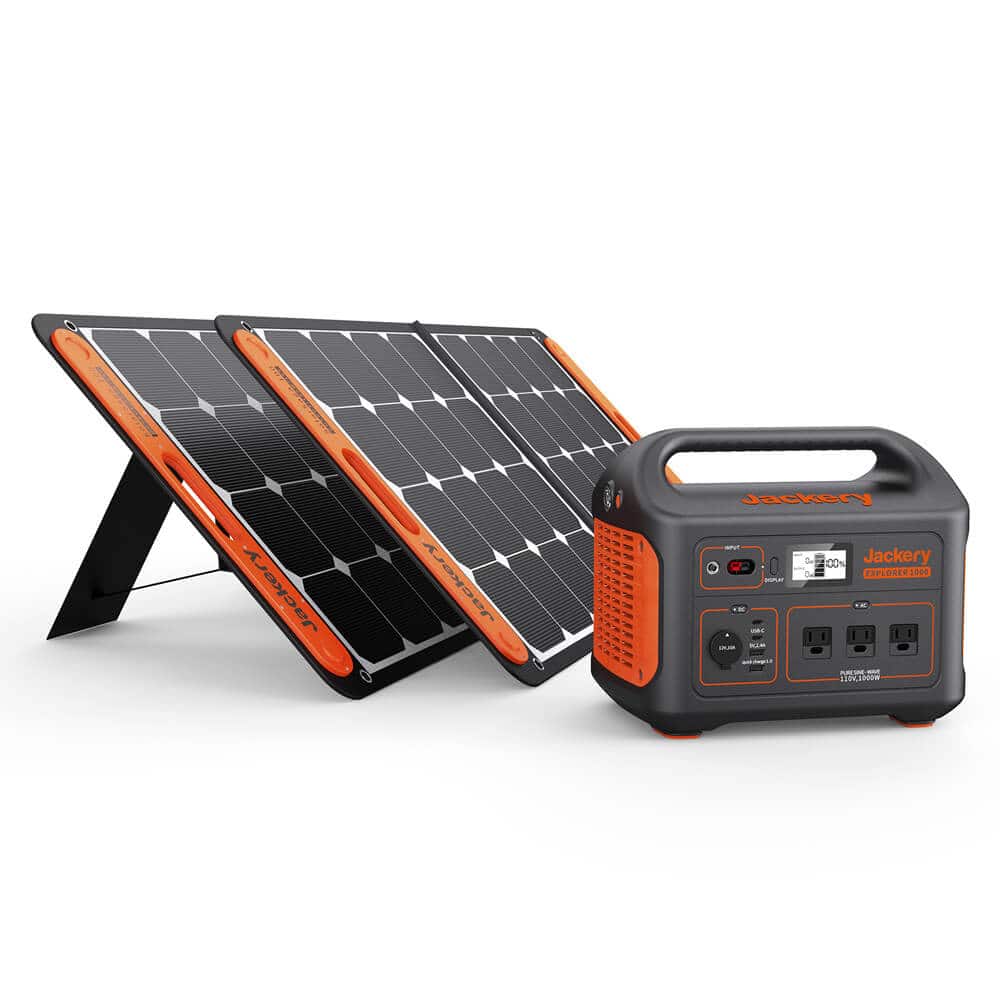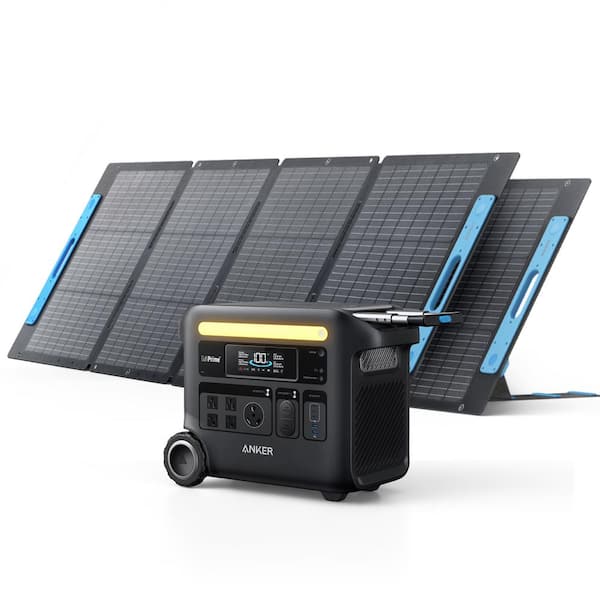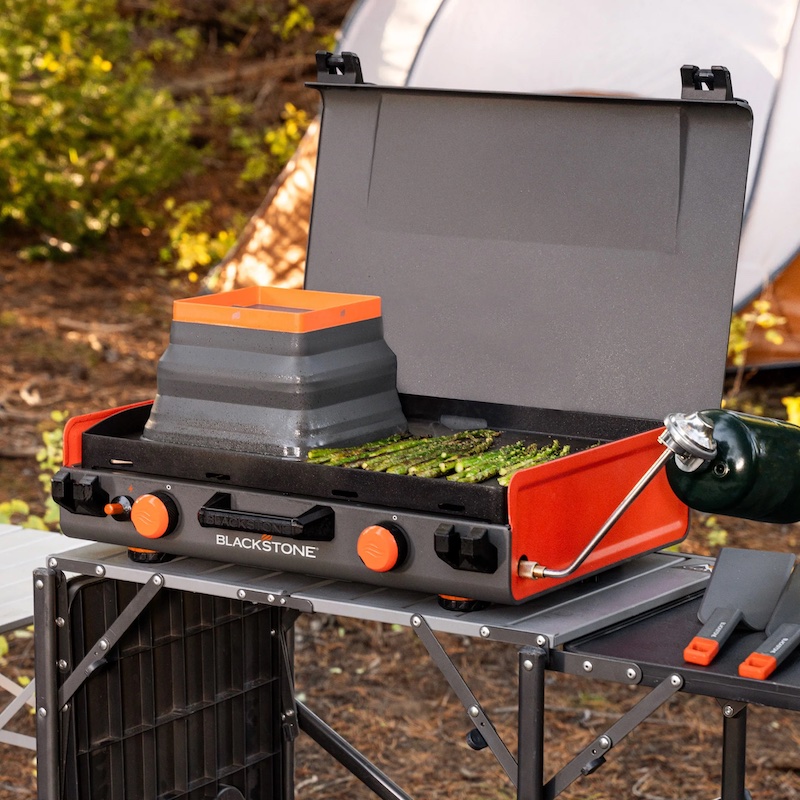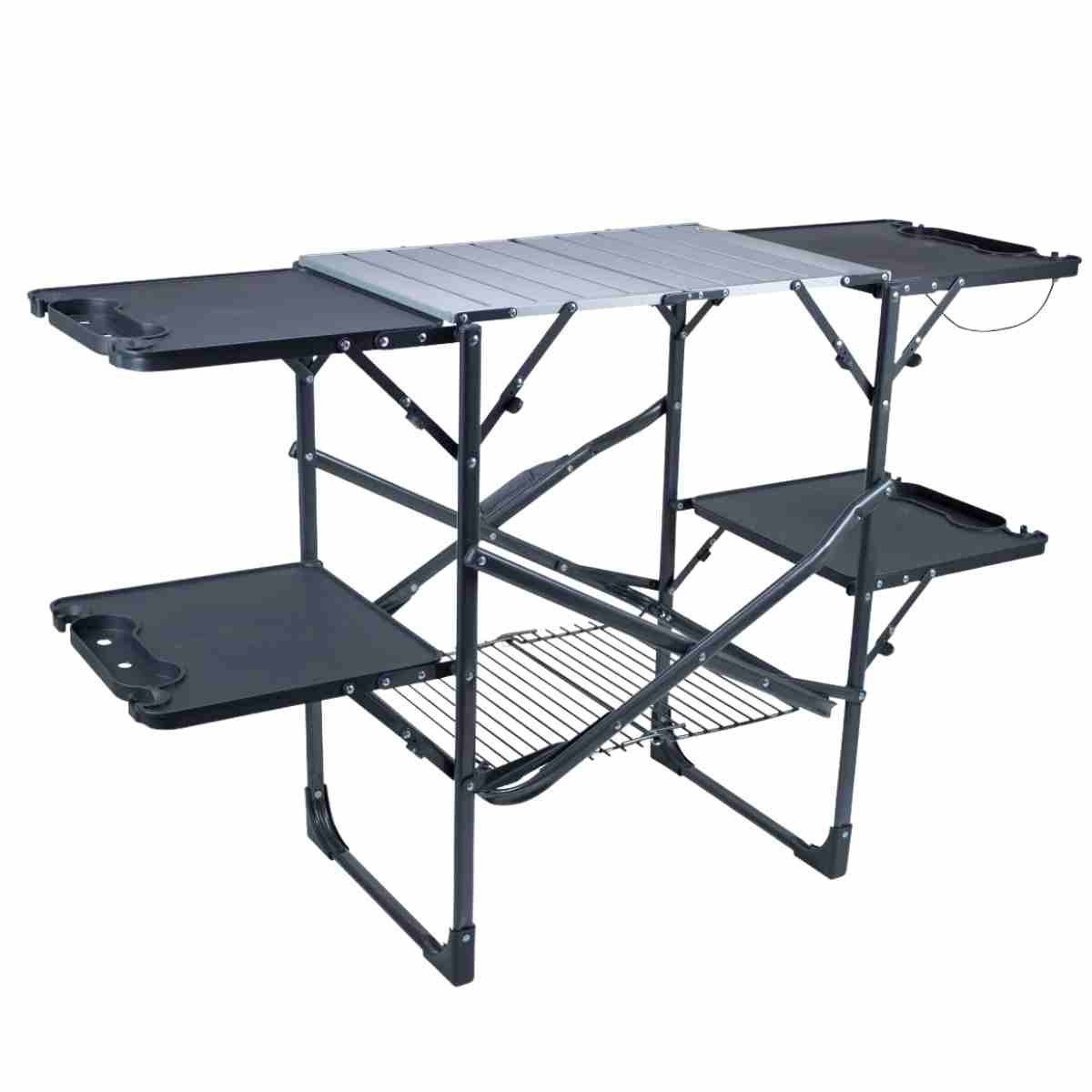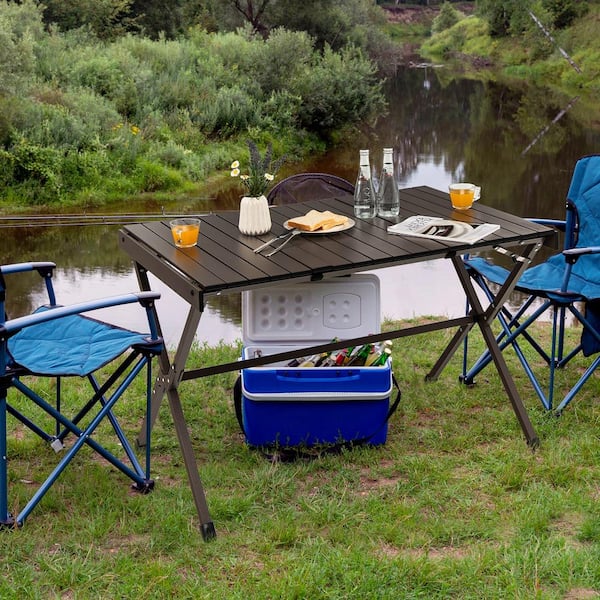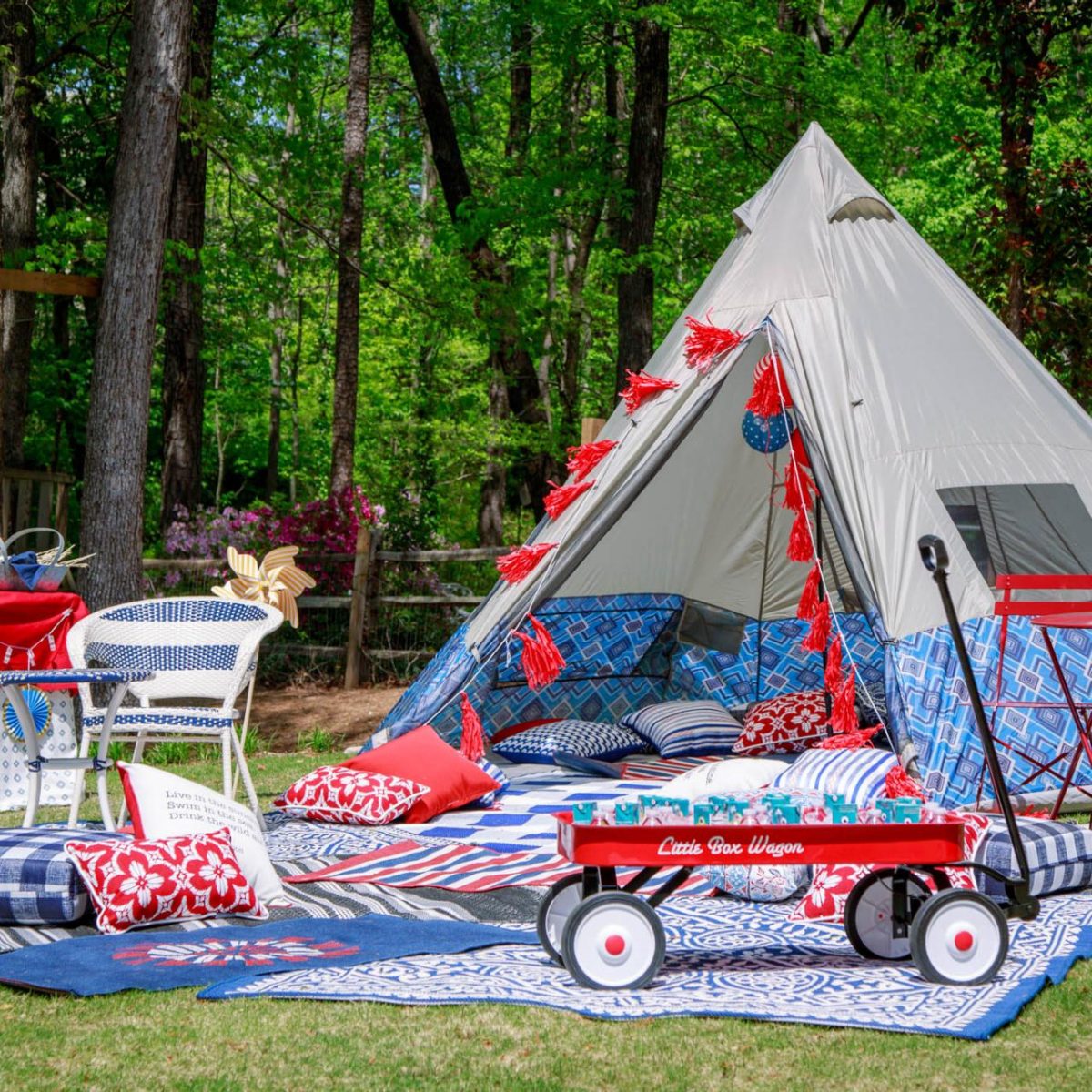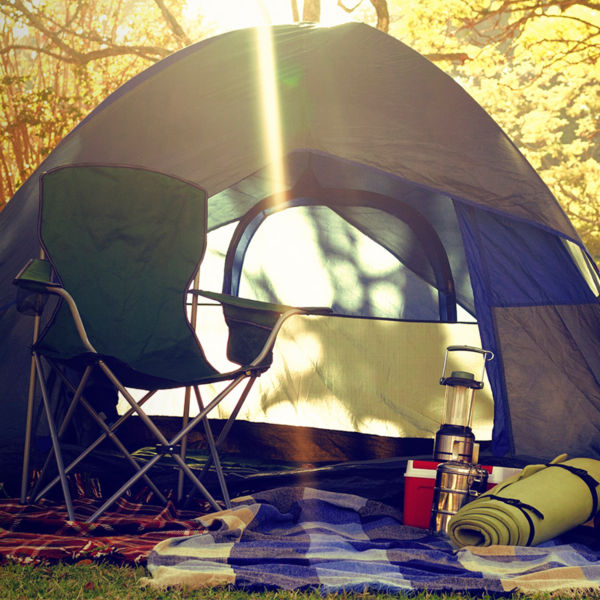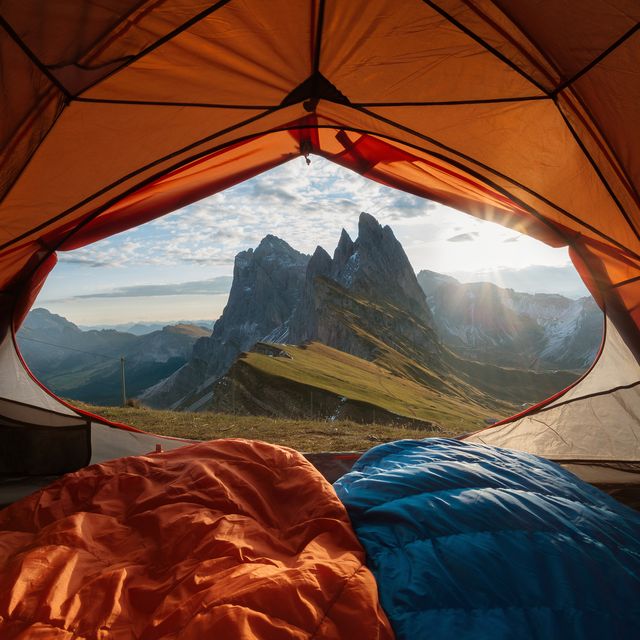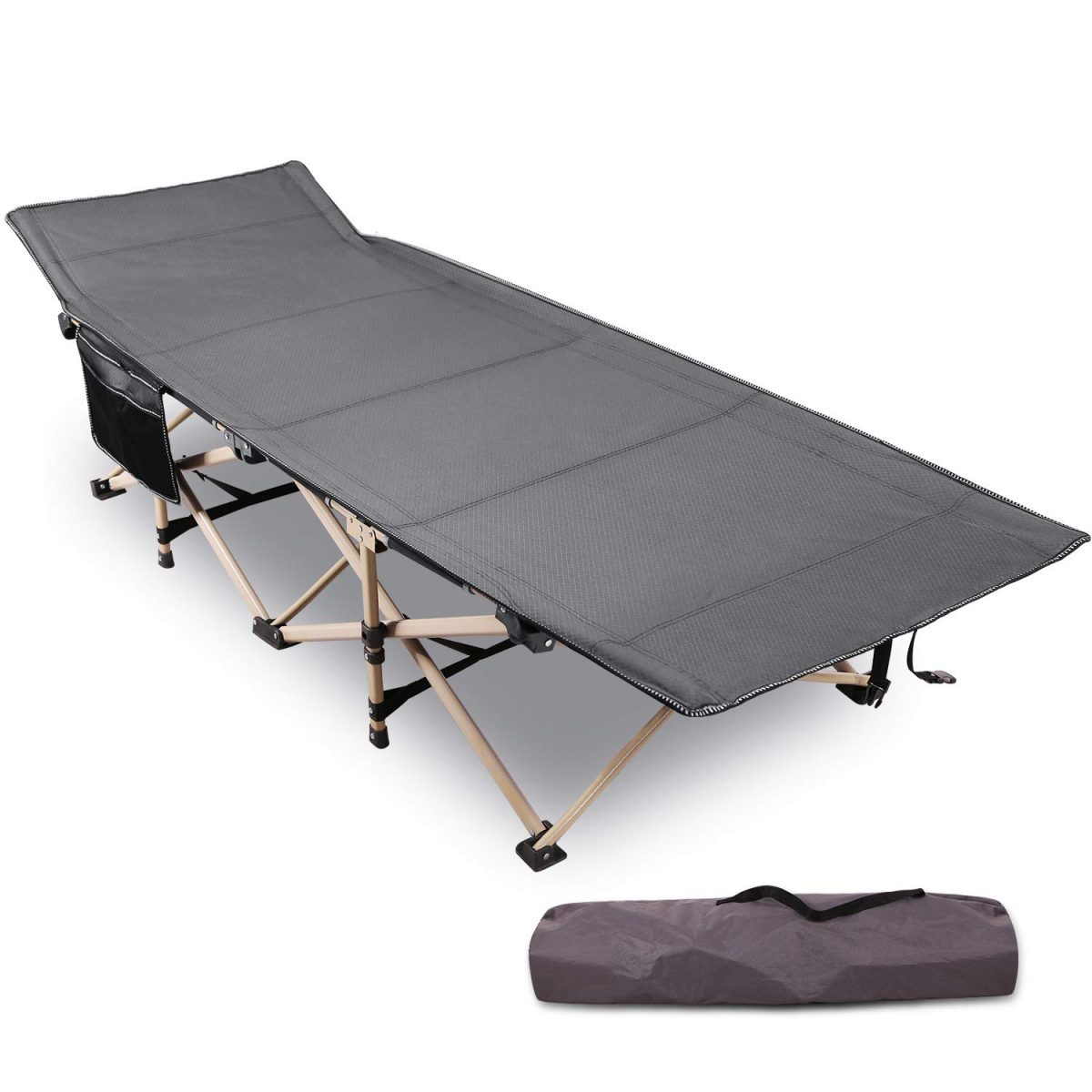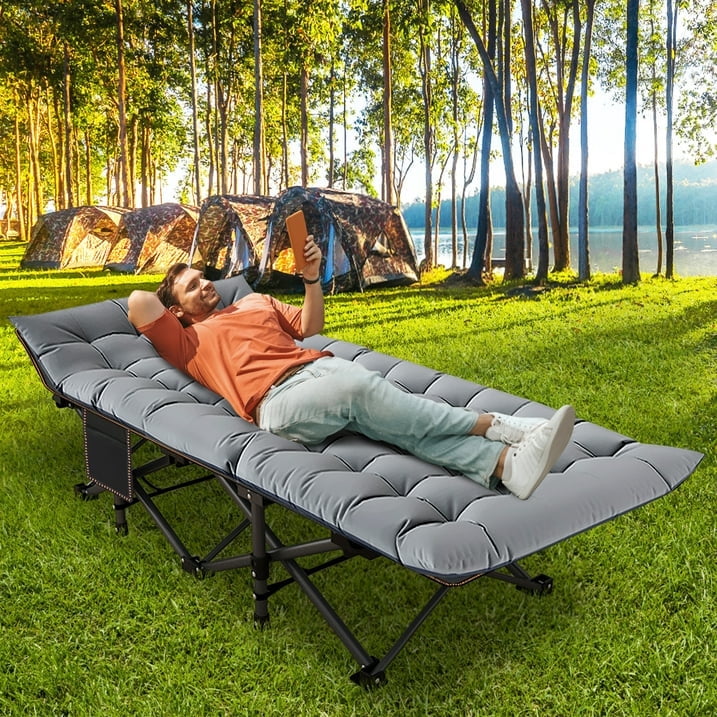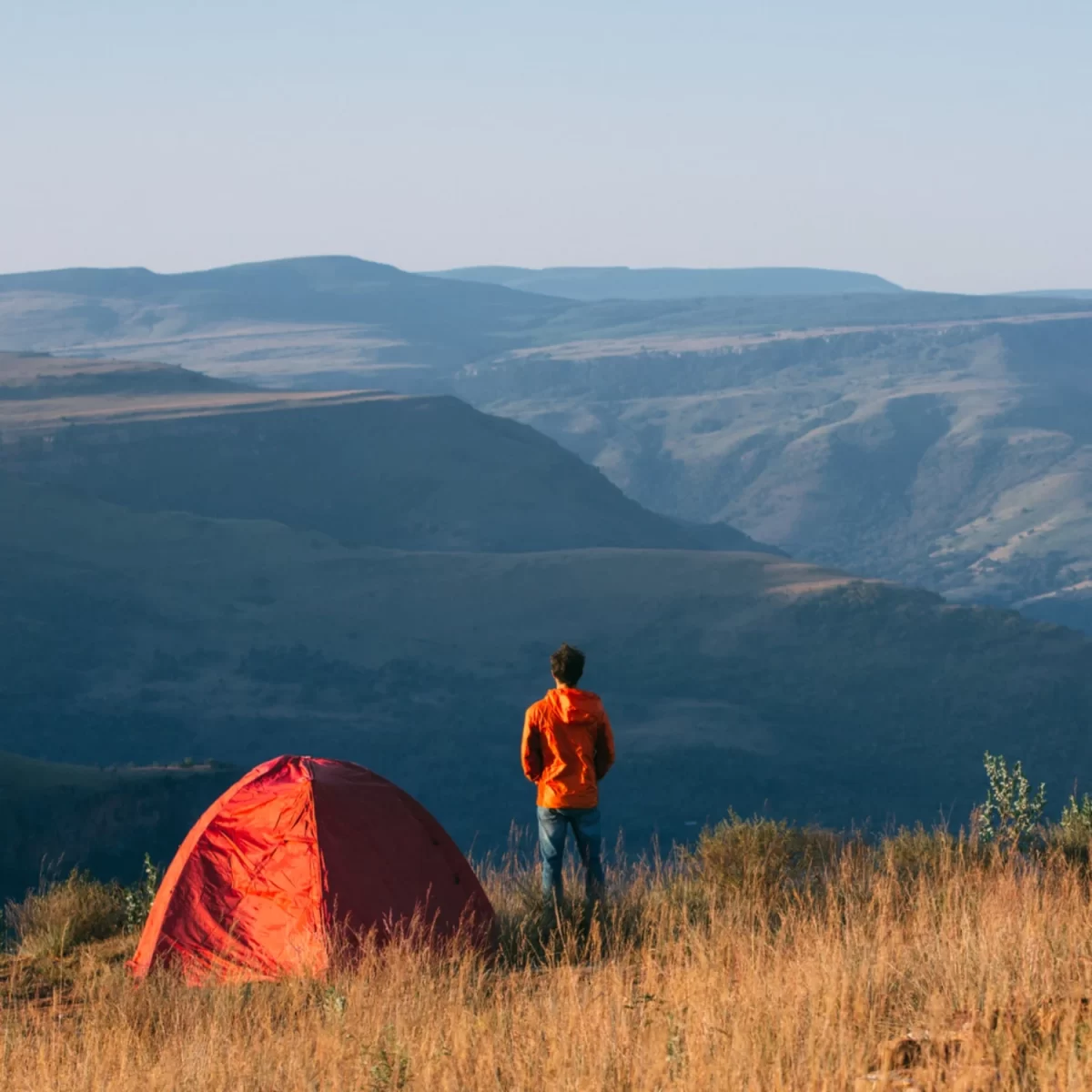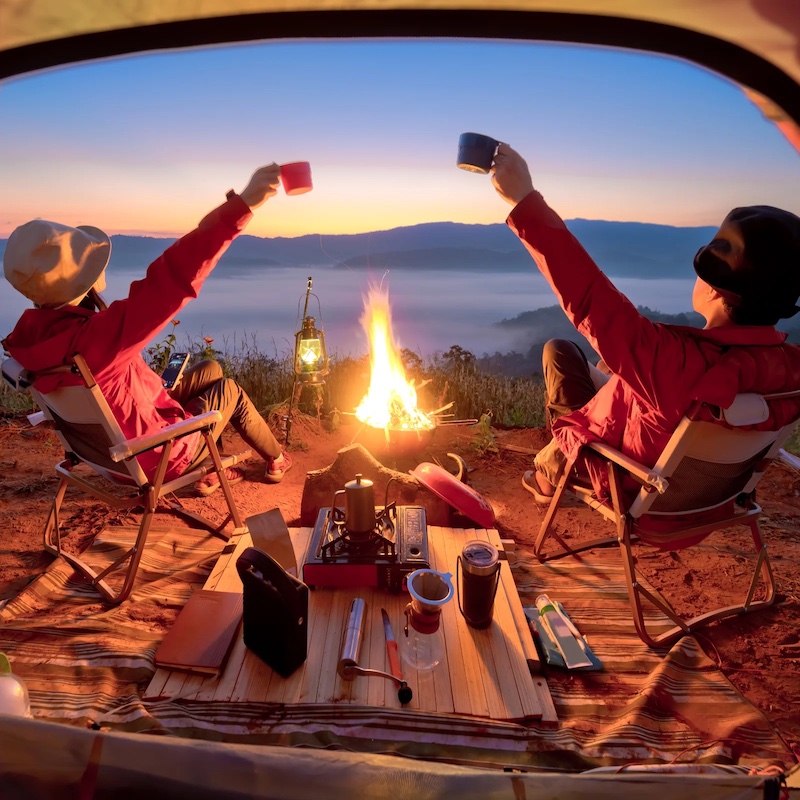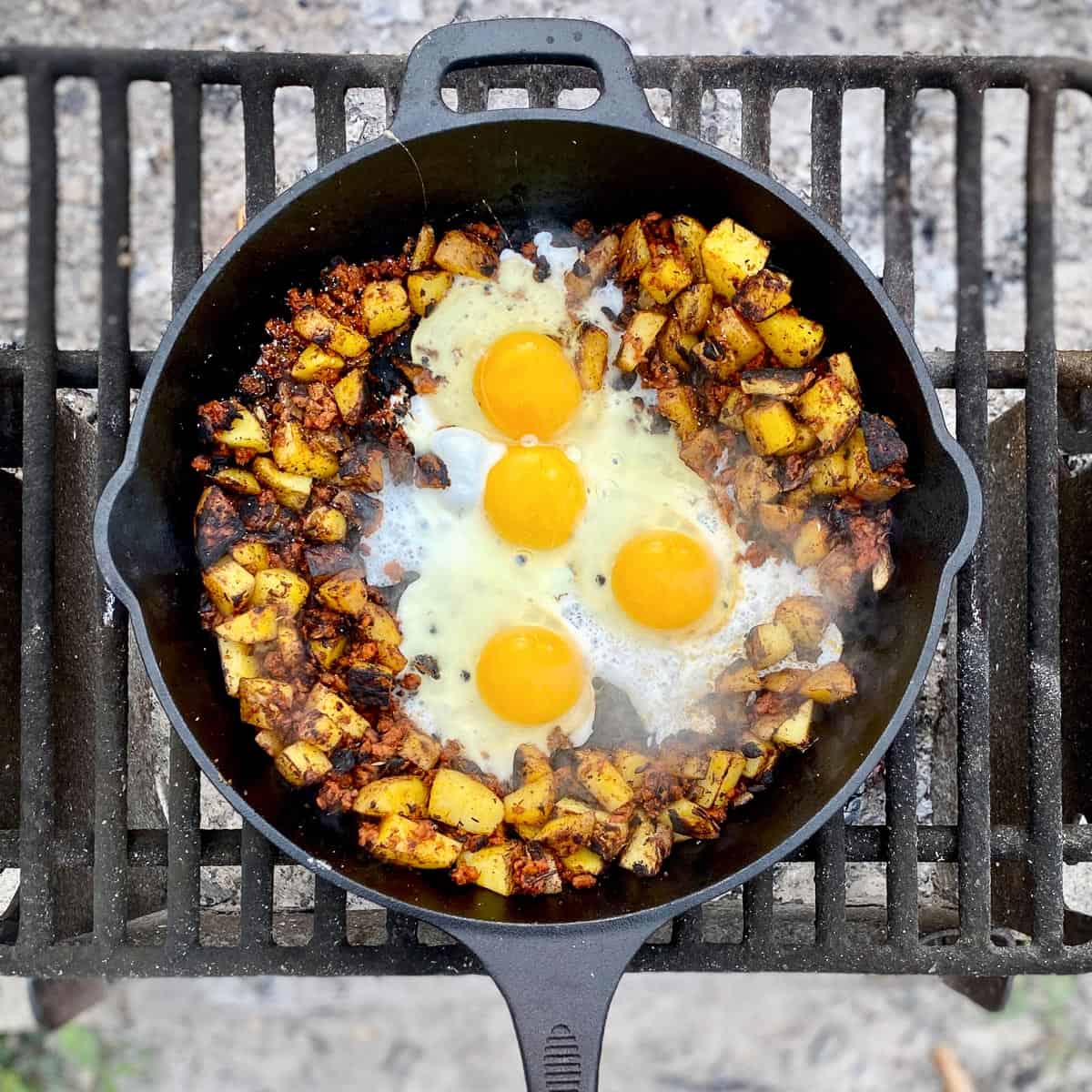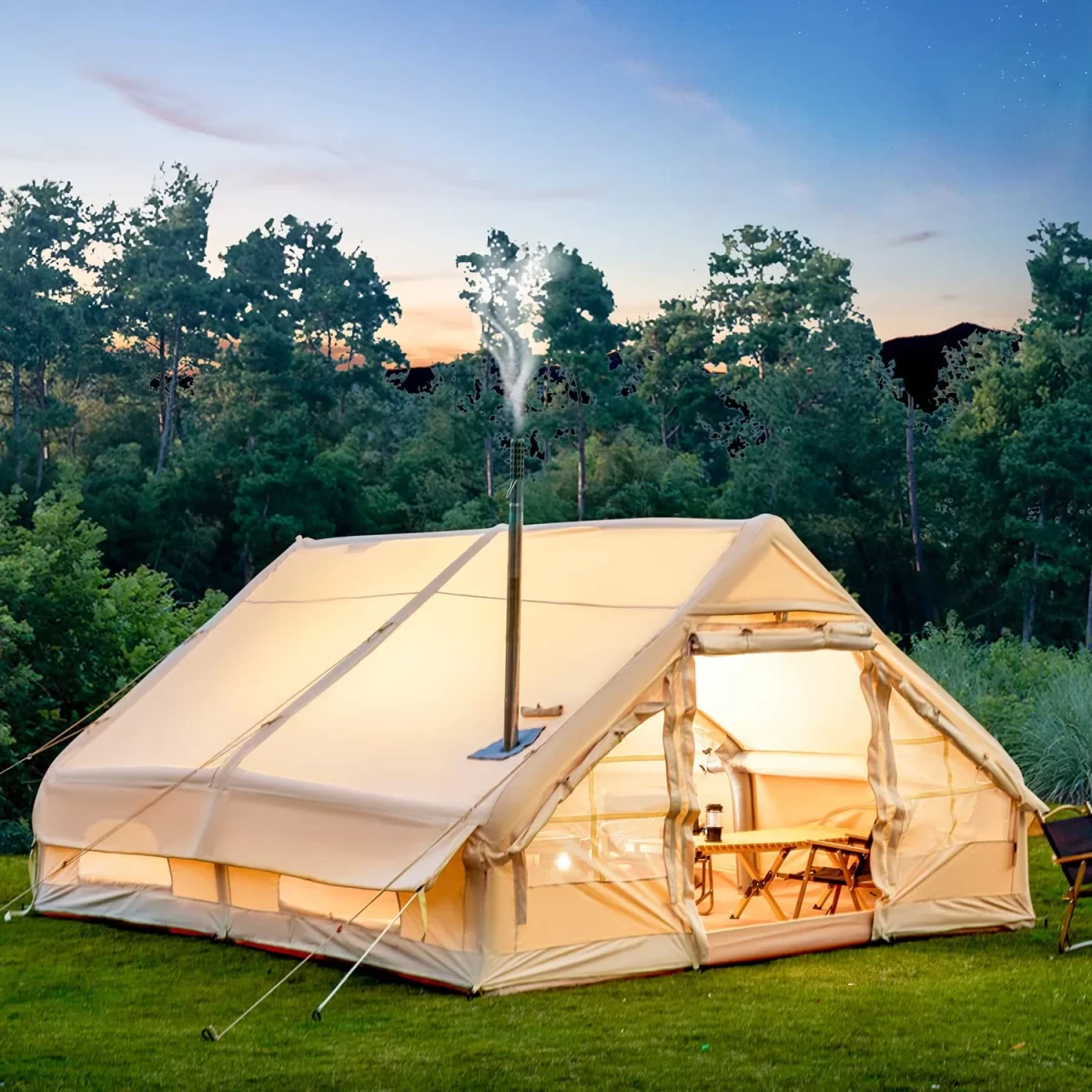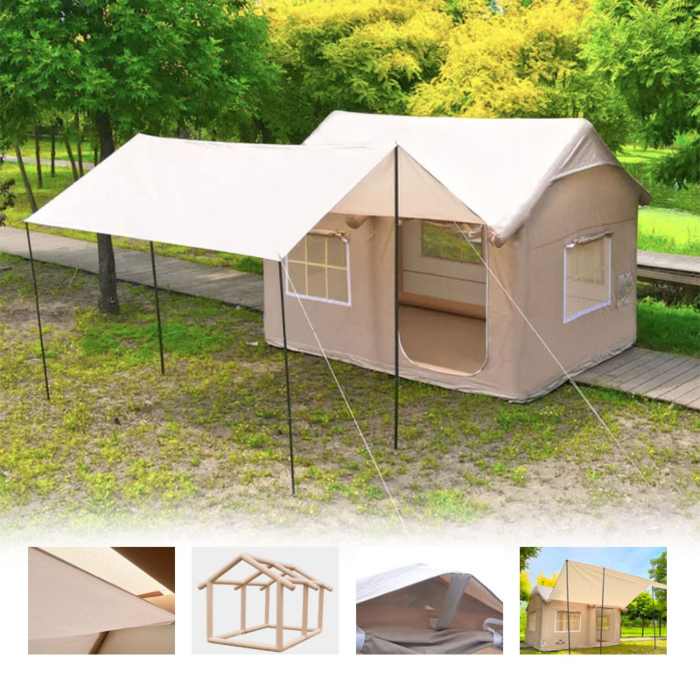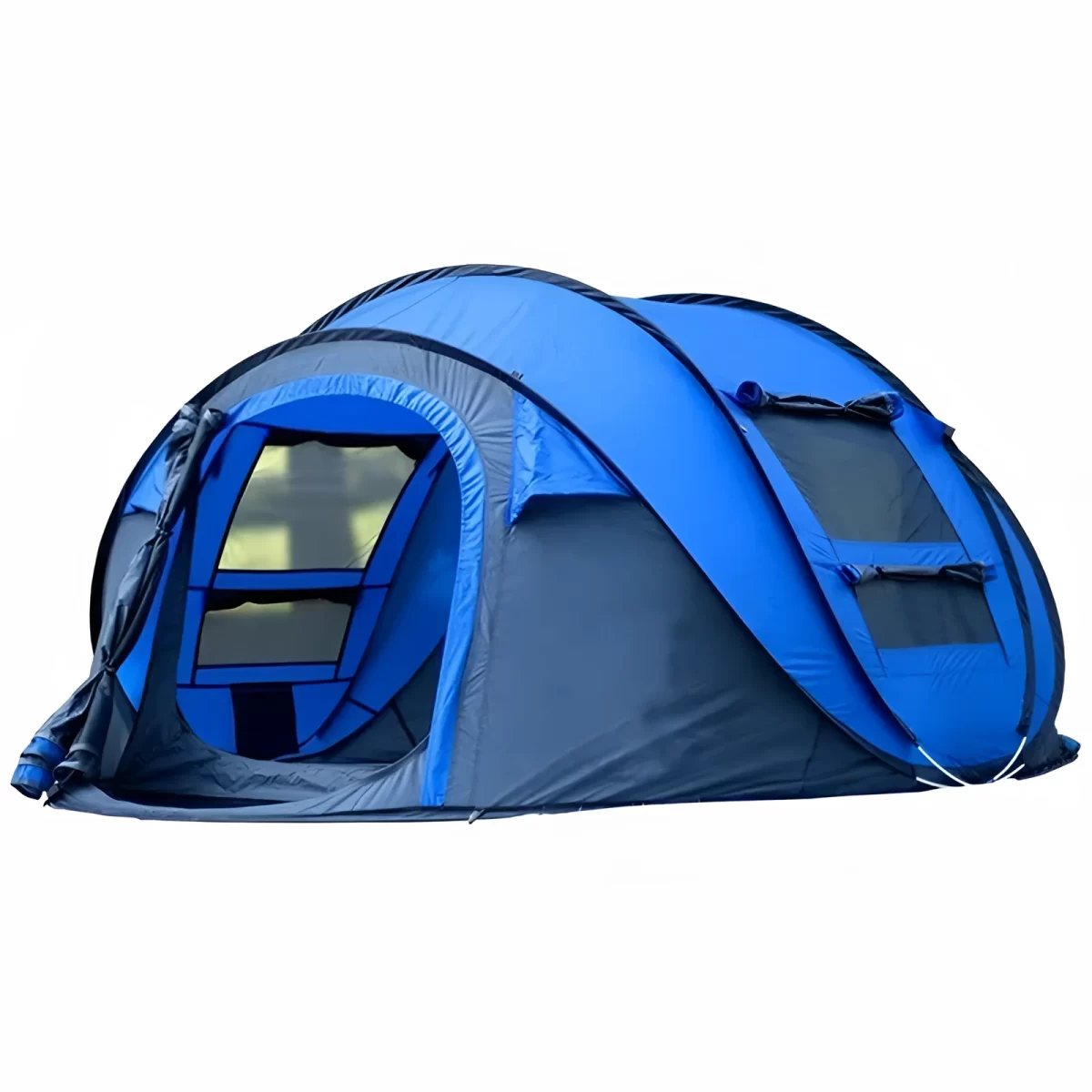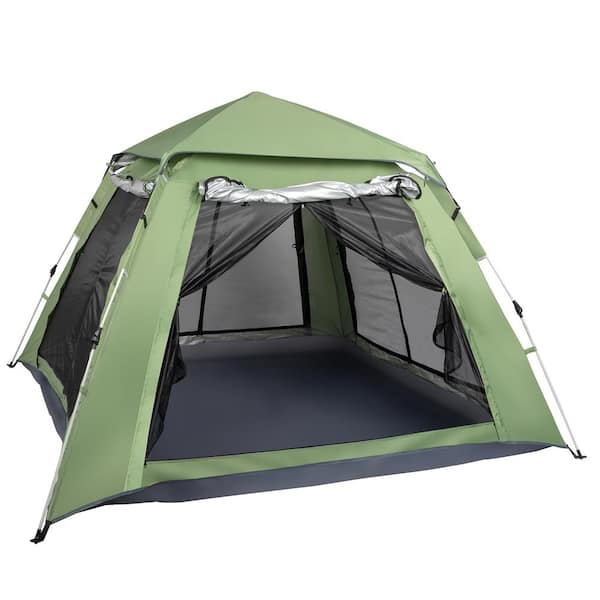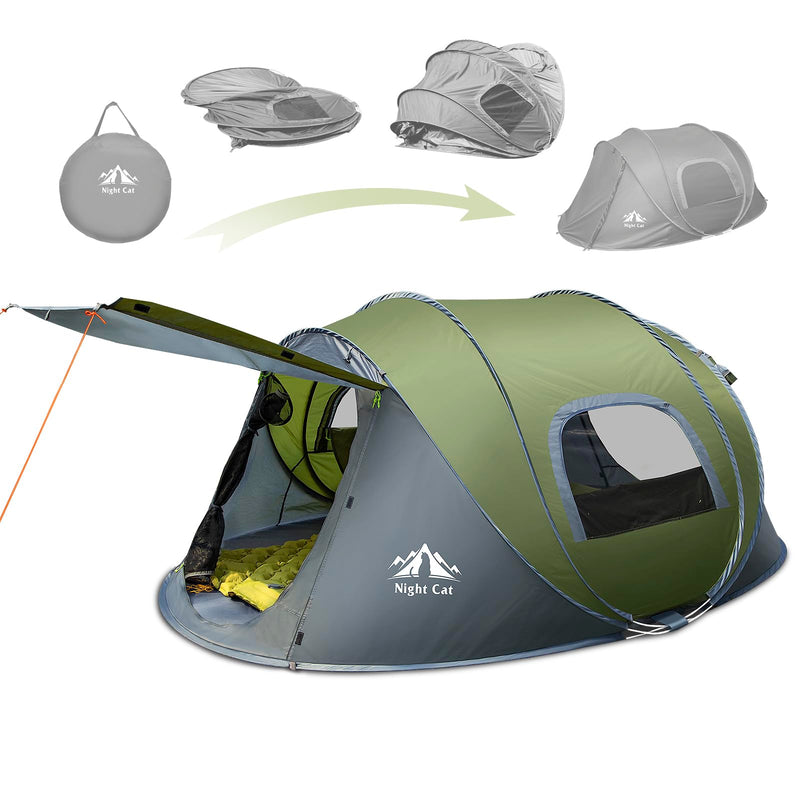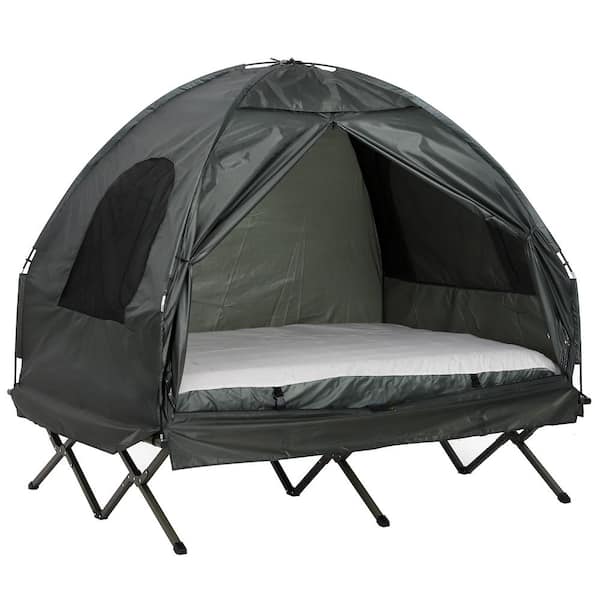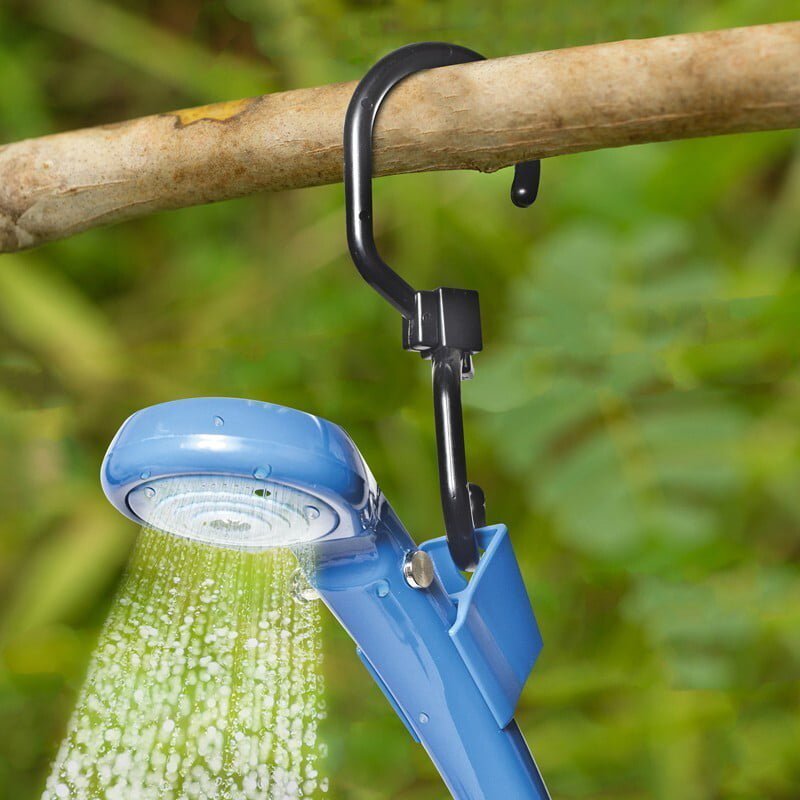Introduction
Camping is a great way to escape the hustle and bustle of everyday life and reconnect with nature. However, modern-day campers still want to maintain some level of comfort and convenience while in the outdoors. This is where solar generators come in handy. These portable power sources harness the energy of the sun to provide electricity for camping trips, making them an essential piece of gear for any outdoor enthusiast.
Part 1: What is a Solar Generator?
Level 1: Understanding the Basics
A solar generator is a compact, portable device that uses solar panels to convert sunlight into electricity. It typically consists of solar panels, a charge controller, a battery, and an inverter. The solar panels collect the sun’s energy, which is then stored in the battery and converted into usable electricity by the inverter.
Level 2: Key Components of a Solar Generator
- Solar Panels: These are the primary component of a solar generator, responsible for harnessing sunlight and converting it into electrical energy.
- Charge Controller: This regulates the flow of electricity from the solar panels to the battery, preventing overcharging and extending the battery’s lifespan.
- Battery: The stored energy from the sun is stored in a battery, which can be used to power various devices and appliances.
- Inverter: This device converts the direct current (DC) electricity from the battery into alternating current (AC) electricity, which is suitable for powering most electronic devices.
Part 2: Benefits of Using a Solar Generator for Camping
Level 1: Convenience and Portability
One of the main benefits of using a solar generator for camping is its portability. These devices are designed to be compact and lightweight, making them easy to transport and set up at your campsite. They also eliminate the need for noisy and polluting gas-powered generators, providing a more eco-friendly and peaceful camping experience.
Level 2: Clean and Renewable Energy Source
Solar generators harness the power of the sun, a clean and renewable energy source. This means that campers can enjoy electricity without relying on fossil fuels or contributing to air and noise pollution. Additionally, using solar energy reduces the carbon footprint of camping trips, making them more sustainable and environmentally friendly.
Part 3: How to Choose the Right Solar Generator for Camping
Level 1: Consider Your Power Needs
Before purchasing a solar generator for camping, it’s important to consider your power needs. Think about the devices and appliances you will be using at your campsite, such as lights, phone chargers, laptops, and portable fridges. Calculate the total wattage required to power these items and choose a solar generator with a sufficient capacity to meet your needs.
Level 2: Evaluate Battery Capacity and Charging Time
The battery capacity and charging time of a solar generator are crucial factors to consider. A larger battery capacity will allow you to power more devices for a longer period, while a shorter charging time means that the generator can quickly replenish its power supply when exposed to sunlight. Look for a solar generator with a high-quality battery and efficient charging capabilities.
Part 4: Tips for Using a Solar Generator While Camping
Level 1: Optimize Sunlight Exposure
To make the most of your solar generator while camping, it’s essential to maximize sunlight exposure. Set up your solar panels in a sunny location, away from shade and obstructions. Consider the time of day and angle of the sun to ensure that the panels receive optimal sunlight for charging the generator’s battery.
Level 2: Use Energy-Efficient Appliances
Using energy-efficient appliances and devices at your campsite will help maximize the power output of your solar generator. Choose LED lights, low-power electronics, and energy-efficient chargers to reduce your energy consumption and make the most of your solar-powered electricity.
Part 5: Top Solar Generators for Camping
Level 1: Goal Zero Yeti 400 Portable Power Station
The Goal Zero Yeti 400 is a popular choice for camping due to its compact size and reliable performance. It features a 396Wh lead-acid battery and built-in inverter, making it suitable for charging devices, running lights, and powering small appliances at your campsite.
Level 2: Jackery Portable Power Station Explorer 500
The Jackery Explorer 500 is a portable and lightweight solar generator with a 518Wh lithium battery, making it ideal for camping trips. It offers multiple power outlets, including AC, DC, and USB ports, and can power lights, electronics, and even small kitchen appliances for a convenient outdoor experience.
Part 6: The Benefits of Using a Solar Generator for Camping
There are many benefits to using a solar generator for camping. One of the main benefits is that it is an environmentally friendly way to power your electronic devices while in the great outdoors. By using the power of the sun, you are reducing your carbon footprint and minimizing your impact on the environment.
Another benefit of using a solar generator for camping is the convenience it provides. You no longer have to worry about lugging around heavy and bulky fuel generators or constantly refilling them with gas. Solar generators are lightweight and easy to transport, making them the perfect solution for camping trips.
In addition, solar generators are virtually silent when in use, unlike traditional fuel generators that can be noisy and disruptive to the peacefulness of nature. This allows you to enjoy the tranquility of the outdoors without the distraction of a loud generator.
Furthermore, solar generators are low maintenance and have a longer lifespan than traditional fuel generators. With minimal moving parts and no need for fuel or oil changes, solar generators require very little upkeep, saving you time and money in the long run.
Overall, the benefits of using a solar generator for camping make it an attractive option for outdoor enthusiasts. From its eco-friendly nature to its convenience and low maintenance, a solar generator is a reliable and sustainable power source for all your camping adventures.
Part 7: Tips for Choosing the Right Solar Generator for Camping
When it comes to selecting the right solar generator for camping, there are a few key factors to consider. First and foremost, you’ll want to assess your power needs to determine the size and capacity of the solar generator that will best suit your camping adventures.
Consider the types of electronic devices you’ll be powering and their energy requirements to ensure that the solar generator you choose can meet your needs. Additionally, you’ll want to consider the storage capacity of the solar generator’s battery to ensure that it can store enough energy to last through your camping trip.
Another important factor to consider when choosing a solar generator for camping is its portability. Look for a lightweight and compact solar generator that is easy to transport and won’t take up too much space in your camping gear.
It’s also important to consider the charging options for the solar generator. Look for a model that offers multiple charging methods, such as solar panels, AC outlets, and car chargers, to ensure that you can charge the generator in various conditions.
Lastly, consider the durability and weather resistance of the solar generator. Choose a model that is built to withstand the outdoor elements and is equipped with features such as water resistance and impact protection, to ensure that it can hold up to the rigors of camping.
By keeping these factors in mind, you can select the right solar generator for camping that meets your power needs and is well-suited for outdoor use.
Part 8: How to Properly Maintain and Care for Your Solar Generator
Proper maintenance and care are essential for ensuring the longevity and performance of your solar generator. By following a few simple guidelines, you can keep your solar generator in top condition and prolong its lifespan.
First and foremost, it’s important to keep your solar generator clean and free of dirt, dust, and debris. Regularly wipe down the exterior of the generator with a damp cloth and ensure that the solar panels are free of any obstructions that may hinder their ability to absorb sunlight.
Additionally, it’s important to regularly check the connections and cables of your solar generator to ensure that they are secure and free of damage. Loose or damaged connections can affect the performance of the generator and should be addressed promptly.
Furthermore, it’s important to periodically inspect the battery of your solar generator and ensure that it is properly charged and functioning as it should. If the battery is not holding a charge or is showing signs of wear, it may need to be replaced to maintain the performance of the generator.
Lastly, it’s important to store your solar generator properly when not in use. Keep it in a cool, dry place and protect it from extreme temperatures and moisture to prevent damage and deterioration.
By following these maintenance and care tips, you can ensure that your solar generator remains in optimal condition and continues to provide reliable power for all your camping adventures.
Conclusion
Solar generators are a game-changer for camping, providing clean and renewable energy to power your adventures in the great outdoors. By understanding the basics of solar generators, considering your power needs, and following tips for optimal usage, you can make the most of this eco-friendly and convenient power source on your next camping trip. With the right solar generator, you can enjoy all the comforts of home while immersing yourself in nature.
